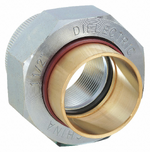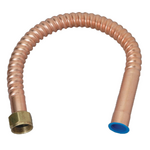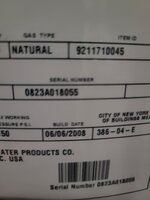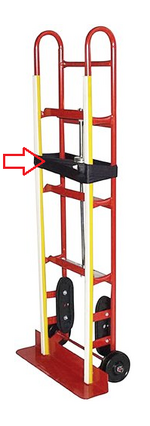- Messages
- 730
- Reactions
- 2,026
House built in 2008, we bought almost 2 years ago. So I don't know if this is original water heater or not. Also not sure what sort of maintenance previous owner did.
So I noticed this bit of corrosion on all the fitting connections. I'm wondering if I should start planning to replace it before there is a major issue or what. Maybe I'm being overly concerned/ paranoid and nothing to worry about. Should I get a plumber out or what? Thoughts? Any input is appreciated




Edit to add: it seems to be running fine currently. Plenty of hot water, no concerns. I was just noticing this during inspection while looking at possibly replacing anode rod.
So I noticed this bit of corrosion on all the fitting connections. I'm wondering if I should start planning to replace it before there is a major issue or what. Maybe I'm being overly concerned/ paranoid and nothing to worry about. Should I get a plumber out or what? Thoughts? Any input is appreciated
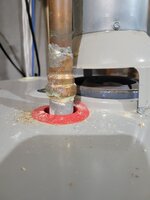
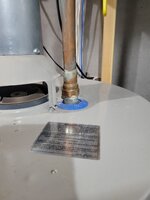
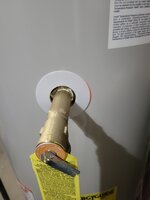
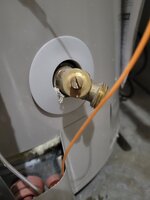
Edit to add: it seems to be running fine currently. Plenty of hot water, no concerns. I was just noticing this during inspection while looking at possibly replacing anode rod.






